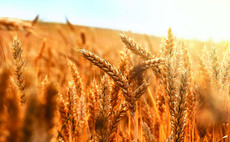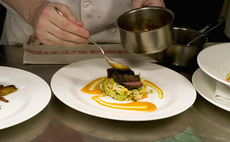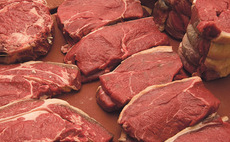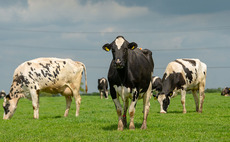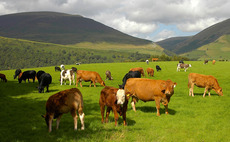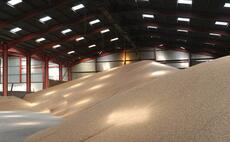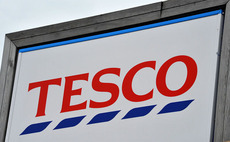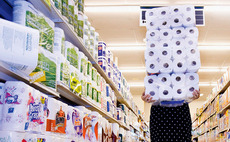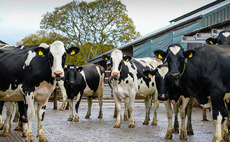Prices & Trends
Farm Business
Labour availability, supply chain disruption and volatile prices are the issues uniting farmers around the world as the global industry reacts to coronavirus.
Arable
Panic buying of products such as bread and potatoes due to coronavirus fears is supporting prices in these sectors.
Livestock
With 40 per cent of food eaten out of the home in the UK, the Government’s decision to close pubs and restaurants will have a major impact on demand.
Livestock
Concerns have been raised that cattle prices could drop over the coming weeks, with demand for steaks from both the food service sector and retailers plummeting due to the coronavirus epidemic.
Dairy
The widening gap between the highest and lowest milk prices was brought into sharp focus when Arla announced it was increasing its manufacturing milk price by nearly 1ppl at a time when Meadow Foods said it would drop its by 2ppl.
Livestock
British beef farms are among the world’s least profitable, an international study of performance has showed.
Arable
Excess moisture in the US Midwest may delay sowings in some of the early-sown states, although the main sowing period is still a few weeks away, which may allow fields to dry.
Farm Business
Grocery staples including potatoes, butter and mince are at the heart of a new supermarket price battle as Tesco tries to dent the expansion of discounter Aldi by matching its prices.
Farm Life
AS the coronavirus crisis spooks Governments, individuals and financial markets, empty supermarket shelves have become a visible symbol of the panic which has crept into many areas.
Dairy
Many non-aligned dairy farmers are facing a two-pronged crisis of low milk prices and rising costs, which is largely being ignored by farming leaders.

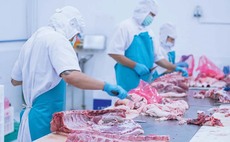
 29 March 2020
•
2 min read
29 March 2020
•
2 min read
